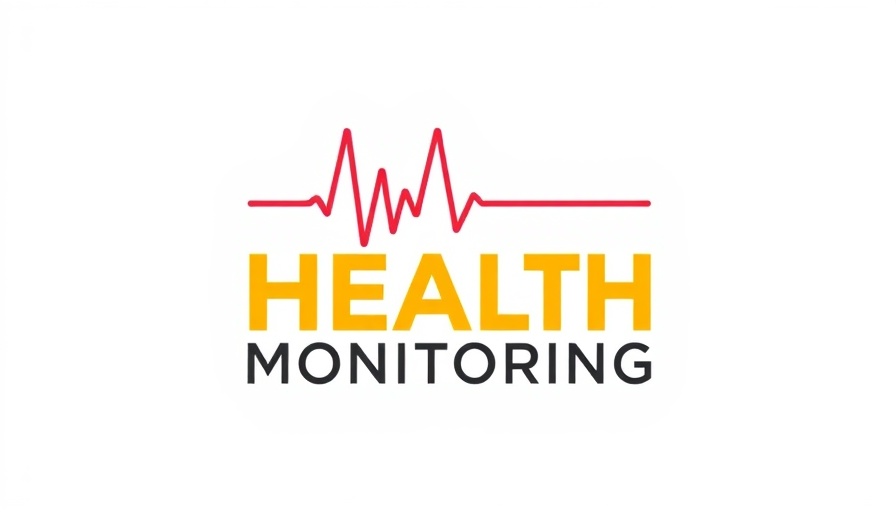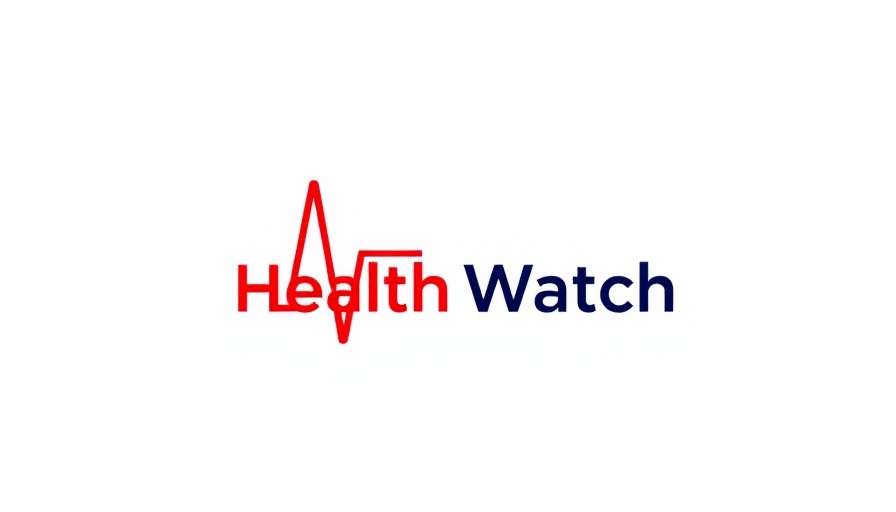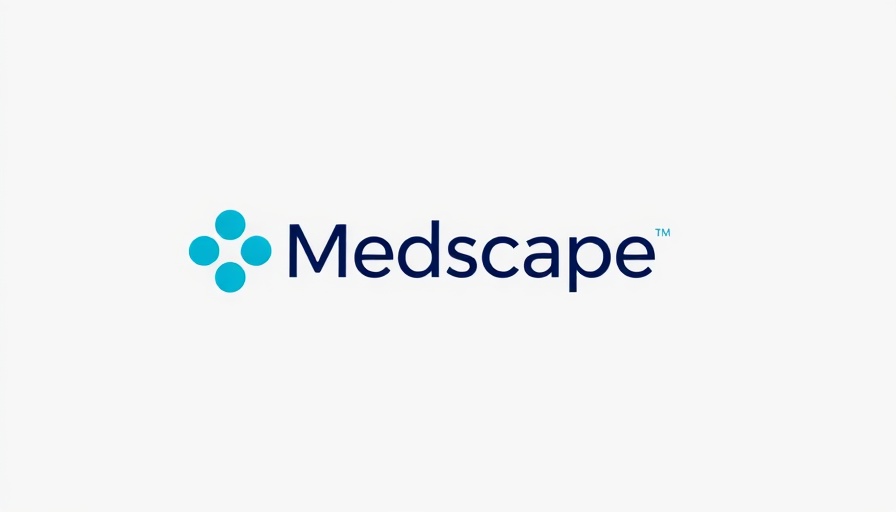
Shingles Vaccine: More Than Just Prevention
Recent research has revealed a significant connection between shingles vaccination and a reduced risk of dementia. This finding adds a new layer of importance to the vaccine, traditionally known to protect against shingles—a painful rash caused by the reactivation of the varicella zoster virus that can linger in the body long after a person has had chickenpox.
Understanding the Shingles-Dementia Link
The study analyzed data from thousands of adults, revealing that those who received the shingles vaccine had a lower incidence of dementia compared to unvaccinated individuals. While many may consider dementia to be a natural part of aging, the evidence suggests that proactive measures such as vaccination might play a proactive role in intellectual health. The neurological invasiveness of the shingles virus is suspected to contribute to this connection, potentially leading to inflammation in the brain when reactivated.
A Broader Look at Shingles
Shingles affects roughly one in three people in their lifetime, and it isn't just limited to older adults. Young people can contract the virus as well, and the pain can be debilitating, sometimes leading to postherpetic neuralgia, where pain persists long after the rash has healed. Vaccination, therefore, becomes vital not only for preventing shingles but also potentially for safeguarding cognitive function in the long run.
The Importance of Vaccination Awareness
Despite the clear benefits of the shingles vaccine, many individuals remain unaware of its importance. Public health campaigns focusing on the preventative benefits of vaccinations often fall short of addressing their broader implications for overall health, including mental wellbeing. For older adults and caregivers, understanding this correlation can promote proactive health decisions.
Exploring Current Trends in Immunization
Healthcare professionals are increasingly advocating for vaccinations as we learn about their potential to mitigate not just catastrophic diseases but also chronic conditions like dementia. Vaccination rates in general remain lower than desired, partly due to vaccine hesitancy and misinformation. It’s essential for public health organizations to provide clear, science-backed information to combat myths and encourage greater participation in vaccination programs.
What This Means for Future Research
This study opens up new avenues for research into how vaccines can affect long-term cognitive health. As more studies arise, the medical community is likely to explore the relationships between various vaccines and neurological conditions. The potential implications are significant, urging us to consider vaccines not merely as safeguards against immediate health threats but as long-term guardians of brain health.
Final Thoughts: Protect Yourself Beyond the Rash
The evidence linking shingles vaccination to a lower risk of dementia encourages individuals, particularly seniors, to discuss vaccination with healthcare providers. Being proactive about health can have profound implications, and in this case, it may even extend to mental health. Staying informed and taking action could mean not just a more manageable life now but also a brighter future.
 Add Row
Add Row  Add
Add 




Write A Comment